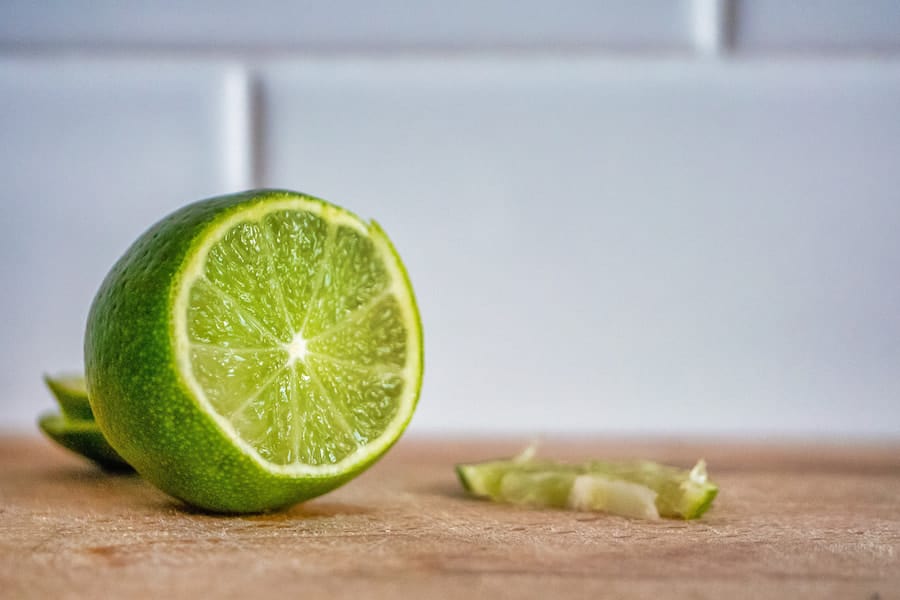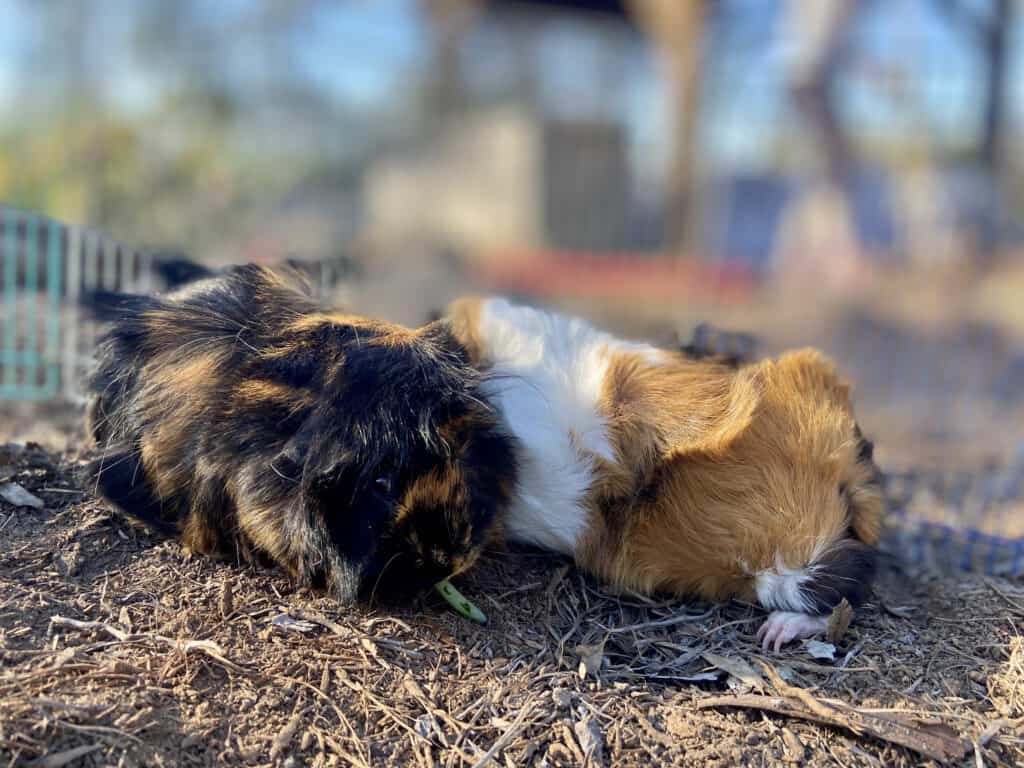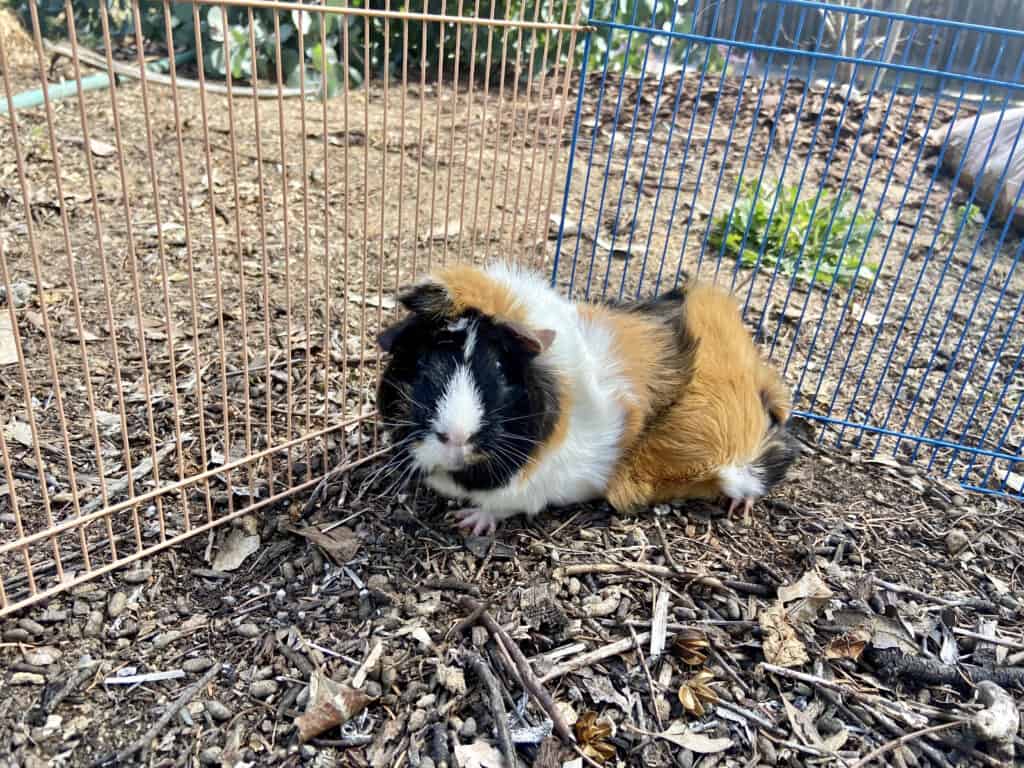As an Amazon Associate we earn from qualifying purchases.
If you have a Guinea Pig, planning to have one, you might be wondering what kind of food they can eat. It is quite obvious for people to think green leafy vegetables are safe for Guinea Pigs to eat but how about green citrus fruits like lime? Can Guinea Pigs Eat Limes?
Whether it is safe for them to eat or not, we are here to find out!
Can Guinea Pigs Eat Limes?
Guinea Pigs can eat limes. In fact, it can also be healthy for them. Limes, which are green-colored citrus fruit quite similar to lemons, can be consumed by Guinea Pigs in moderation.

While people can feed limes to Guinea Pigs, there are various risks that can be harmful to them. If not careful, too much lime consumption can upset Guinea Pigs’ stomachs. Thus, people should be wary about feeding Guinea Pigs limes even if it has health benefits for them.
Health Benefits of Limes in Guinea Pigs
There are various health benefits that consuming limes can offer to Guinea Pigs. Since Limes are citrus fruit, they are rich in vitamins and other nutritional elements which can contribute to your Guinea Pigs health. Here are the vitamins and other nutritional contents that limes have:
- Vitamin A – Limes have 1% vitamin A content which aids with bone tissue and teeth formation. It can also serve as an antioxidant and immunity booster for them.
- Vitamin C – Limes have 32% vitamin C content which helps Guinea Pigs a lot since they cannot produce their own vitamin C due to their innate vitamin C deficiency.
- Fiber – Limes have fibers that are a must for good digestion and prevents the risks of having heart disease as well as diabetes.
- Potassium – Limes have a considerable amount of potassium content. Potassium helps with binding firmer muscle tissues which prevents muscle cramps and pain for Guinea Pigs. It also keeps a healthy heart and good blood regulation for them.
Just be careful to feed them in proper amounts which can be around one or two segments once or twice a week. Few Guinea Pigs can have trouble finishing or eating limes due to their very sour taste and it is totally fine. Try feeding them other citrus fruits that are safe for their consumption.
Risks of Feeding Limes to Guinea Pigs
While Limes can contribute a lot to Guinea Pigs’ diet by providing essential vitamins and nutrients that can maintain their good health, it also comes with considerable health risks that can do more harm than good for them. Mainly, the components of this citrus fruit can be a huge help for Guinea Pigs if consumed in careful amounts since too much of these nutrients and vitamins can lead to more serious health problems for them.

High Acidity and Sugar Level
Guinea Pigs have sensitive stomachs. Highly acidic fruits such as limes can cause stomach pain for them. In addition, limes have higher sugar levels than fruits similar to it.
Unfortunately, Guinea Pigs’ digestive tract of cavies is not suitable for breaking and digesting the amount of sugar that limes have which contributes to the risk of stomach cramps, tummy aches, and indigestion.
High Calcium Level
The Calcium level of one lime can be around 22mg of calcium. While it may sound normal for people to consume, this amount can be quite high for Guinea Pigs to consume. Once Guinea Pigs are fully grown, they cannot digest too much calcium in their body.
For Guinea Pig pups, consuming calcium can be vital since this mineral’s main function is to form strong bones. However, for older Guinea Pigs, it can cause numerous health problems and complications. Here is a list of most common Guinea Pig health problems due to high calcium intake:
- Bladder and kidney stones
- Blood in urine
- Painful urination
- Renal Failure
- Death
Obesity
Since limes have high sugar content, integrating too much of it into your Guinea Pigs’ diet can cause weight gain which can lead to obesity. Weight issues such as this can drastically affect your Guinea Pigs’ health and well-being. Low energy level, shortness of breath, and inactivity caused by obesity can deteriorate Guinea Pigs’ health and lifestyle which can shorten their life expectancy and promote diseases that can be fatal for them.

Related Questions
What Citrus Fruit Can Guinea Pigs Eat?
Guinea Pigs can safely eat and enjoy citrus fruits such as mandarin orange, sweet orange, and clementines. These fruits have a mild sweet and sour flavor that Guinea Pigs would love. Moreover, they can also be healthy for your Guinea Pigs’ health and wellbeing because of the vitamins and minerals that they bring.
Just remember to feed them citrus fruits in proper portions and time intervals. Too much fruit intake for Guinea Pigs can cause various health risks and problems over time.
What Foods Are Poisonous for Guinea Pigs?
Guinea Pigs cannot eat chocolate, bulb plants such as onion and garlic, Iceberg lettuce, avocados, any food with caffeine, processed food, nuts, meat, and dairy to name a few.
Guinea Pigs’ digestive tracts are sensitive when it comes to digesting and breaking vitamins and nutrients. Moreover, human food and other food products such as meat and dairy are harmful to them since they are vegan.
Conclusion
Guinea Pigs can eat and enjoy limes but only in moderation. While limes come with numerous health benefits due to their vitamins and mineral content, too much consumption of them can cause health problems and complications in Guinea Pigs. These health problems include indigestion, bladder and urine stones, and renal failure which can be fatal for them.
Thus, being careful with their lime intake is necessary to secure their health.